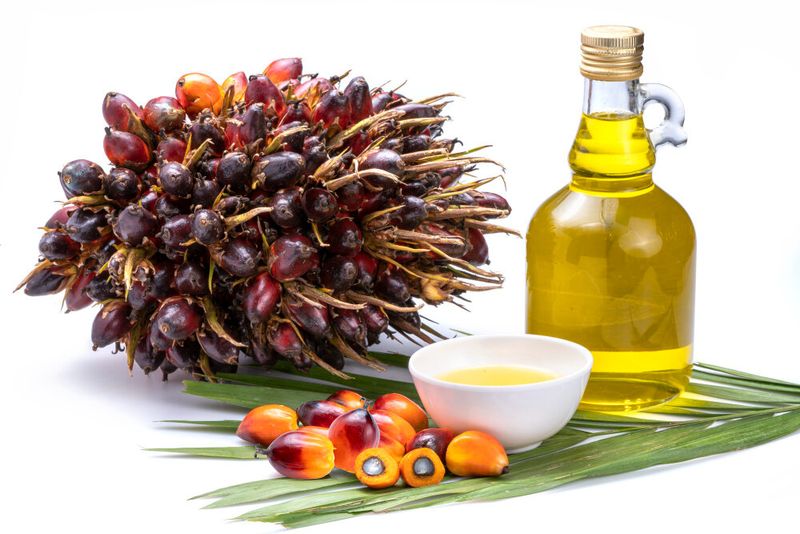Palm oil: Malaysia on the right track to be classified as low-risk country, says Johari

Malaysia is on the right track to be classified as a low-risk country in palm oil production, particularly with its mandatory Malaysian Sustainable Palm Oil (MSPO) certification, says Plantations and Commodities Minister Datuk Seri Johari Abdul Ghani.
He said the government is currently collating the latest facts and progress of the nation’s palm oil production, in order to get the European Union (EU) to formally recognise the achievement under its sustainability agenda.
“One of the processes is the continued submission of accurate data. Previously, the plantation sector was overseen by a different ministry than the one responsible for providing forestry data to the Food and Agriculture Organization (FAO).
“There is a detailed methodology involved before a country is classified as low, standard, or high risk. The most important thing is that we are moving in the right direction toward achieving that classification,” he said.
He said this to reporters when met after accompanying European Commissioner for Environment, Water Resilience and a Competitive Circular Economy, Jessika Rosswall, on her visit to Kampung Sungai Judah and SD Guthrie Palm Oil Excellence Centre in Carey Island here on Friday (Sept 5).
Johari said one of the important works that may shift the nation’s commodity classifications is the MSPO certification, which was made mandatory in 2020.
Among other things, it introduced a national traceability system to monitor the movement of palm oil from plantations to mills and refineries.
He said that by accounting for every product produced in the country, Malaysia would be able to demonstrate its sustainability practices, the effectiveness of its traceability system, and that none of its products originated from deforested land.
“We must be consistent, and I believe that it’s just a matter of time, we will be able to achieve the low-risk classification,” he said.
Malaysia is currently classified as ‘standard risk’ under the European Union Deforestation Regulation (EUDR).
The EUDR requires exporters of cocoa, coffee, palm oil, soybean, cattle, rubber and timber to the EU to ensure their products are deforestation-free and legally sourced.
During the visit, Rosswall was taken on a tour of the Palm Oil Experience Centre Sustainability Gallery, where she was briefed on the national traceability system, Malaysia’s forest governance, and ongoing efforts to strengthen transparency in the palm oil supply chain.
Earlier at Kampung Sungai Judah, she was briefed on regenerative farming, good agricultural practices, sustainable harvesting methods and empowerment of indigenous people through palm oil-related economic activities.
For almost 30 years of expertise in the agri markets, UkrAgroConsult has accumulated an extensive database, which became the basis of the platform AgriSupp.
It is a multi-functional online platform with market intelligence for grains and oilseeds that enables to get access to daily operational information on the Black Sea & Danube markets, analytical reports, historical data.
You are welcome to get a 7-day free demo access!!!
Read also
Abbey Commodities – General Partner of BLACK SEA GRAIN.KYIV-2026
Black Sea & Danube Barley Market at a Turning Point: Demand Pressure and Regi...
US Supreme Court rules Trump’s emergency duties illegal
Mercosur: Protective measures for European agriculture
US makes concessions on pulses in new trade deal with India
Write to us
Our manager will contact you soon



